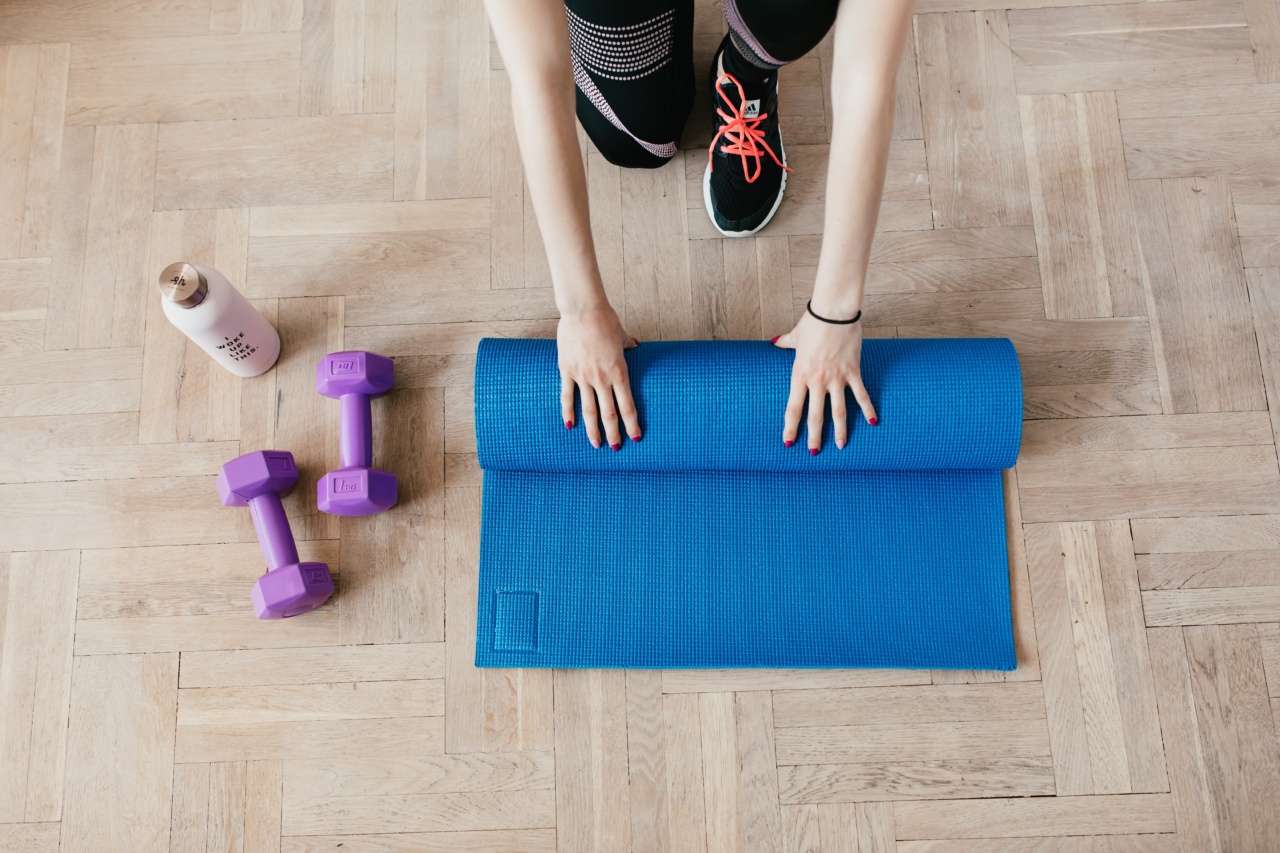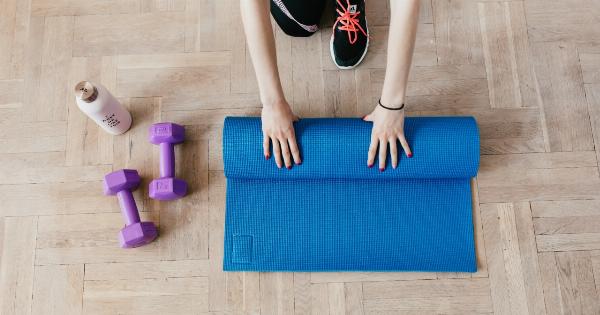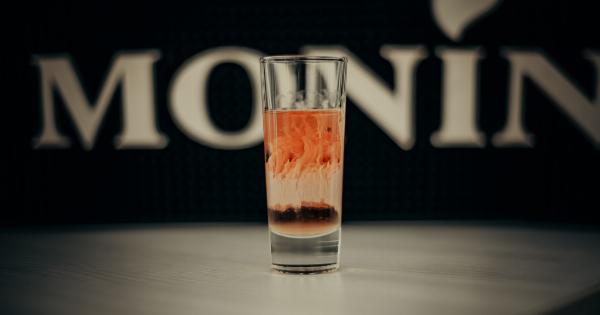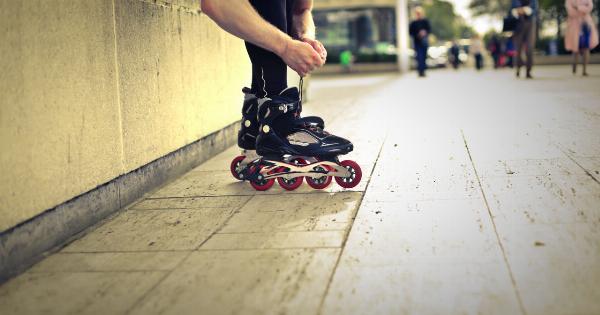Gymnastics is an incredibly demanding sport that requires strength, agility, and precision. Athletes train rigorously for hours every day to perfect their routines and master their skills.
While proper training and nutrition are essential, one crucial factor that is often overlooked is hydration. Staying properly hydrated is crucial for athletes to perform at their best and avoid any potential health risks.
Understanding the Role of Water in the Body
Water is a vital component of our bodies, accounting for about 60% of our body weight. It plays a critical role in maintaining body temperature, lubricating joints, transporting nutrients, and eliminating waste through urine and sweat.
During physical activity, our bodies lose water through sweating, making it necessary to replenish those fluid levels to prevent dehydration.
The Importance of Hydration in Performance
Dehydration can have a detrimental impact on gymnasts’ performance. Even mild dehydration, as little as 2% of body weight, has been shown to impair cognitive function, decrease endurance, and reduce strength and power output.
These factors can severely hamper the ability to execute complex moves, increase the risk of injuries, and negatively impact overall performance.
Water Intake Guidelines for Gymnasts
So, how much water should gymnasts be drinking to stay adequately hydrated? The general recommendation for athletes is to drink at least half of their body weight in ounces of water per day.
For example, a 150-pound gymnast should aim for a minimum of 75 ounces of water daily. However, this guideline doesn’t account for the additional fluid loss during intense training sessions.
During exercise, gymnasts should aim to drink 7-10 ounces of water every 10-20 minutes to prevent dehydration. This amount is a general guideline and may vary depending on factors such as climate, intensity of the training, and individual sweat rates.
It’s crucial for gymnasts to listen to their bodies and drink when they feel thirsty to maintain optimal hydration levels.
Signs of Dehydration in Gymnasts
Understanding the signs of dehydration is essential for gymnasts and their coaches. Some common symptoms of dehydration include:.
- Thirst
- Dry mouth and throat
- Dark-colored urine
- Headaches
- Fatigue
- Dizziness
- Dry skin
If a gymnast experiences any of these symptoms, it’s important to take immediate action. Stop training, rehydrate, and seek medical assistance if symptoms persist or worsen.
Hydration Tips for Gymnasts
Here are some hydration tips to help gymnasts stay properly hydrated:.
- Start hydrating early: Begin drinking water well before training sessions or competitions. Hydration should be a continuous process throughout the day.
- Keep water readily available: Have a water bottle nearby during training sessions and make it easily accessible during breaks.
- Monitor urine color: Dark-colored urine is a sign of dehydration. Aim for light, pale yellow urine as an indicator of adequate hydration.
- Consume electrolytes: Intense training can deplete electrolyte levels in the body. Consider consuming sports drinks or adding electrolyte tablets to water to replenish these essential minerals.
- Avoid excessive caffeine and sugary drinks: These can have a diuretic effect, leading to increased fluid loss.
- Pay attention to environmental factors: Hot and humid conditions can accelerate fluid loss. Drink more water during such situations.
- Post-training hydration: Rehydrate after training sessions to replenish fluid levels and aid in recovery.
- Work with a sports nutritionist: A nutritionist can provide personalized hydration plans based on individual needs and training requirements.
Conclusion
Proper hydration is crucial for gymnasts to perform at their best and avoid health risks. Dehydration can impair cognitive function, decrease endurance, and reduce strength and power output, negatively impacting performance.
Gymnasts should aim to drink enough water to compensate for fluid loss during training sessions and listen to their bodies to maintain optimal hydration levels. By following proper hydration guidelines and incorporating these tips, gymnasts can enhance their performance, reduce the risk of injuries, and excel in their sport.































